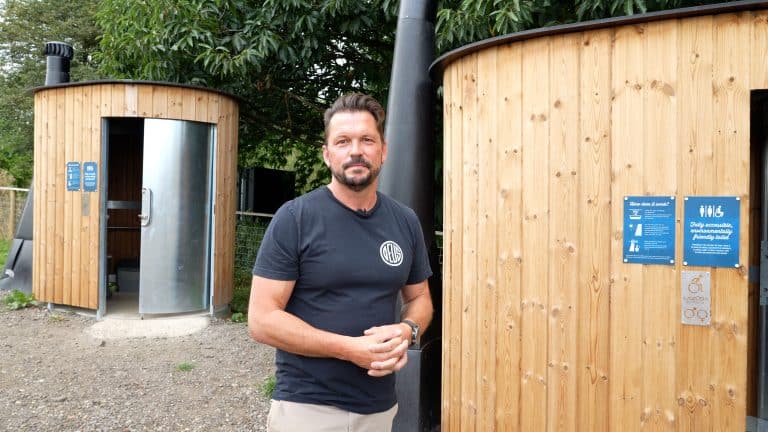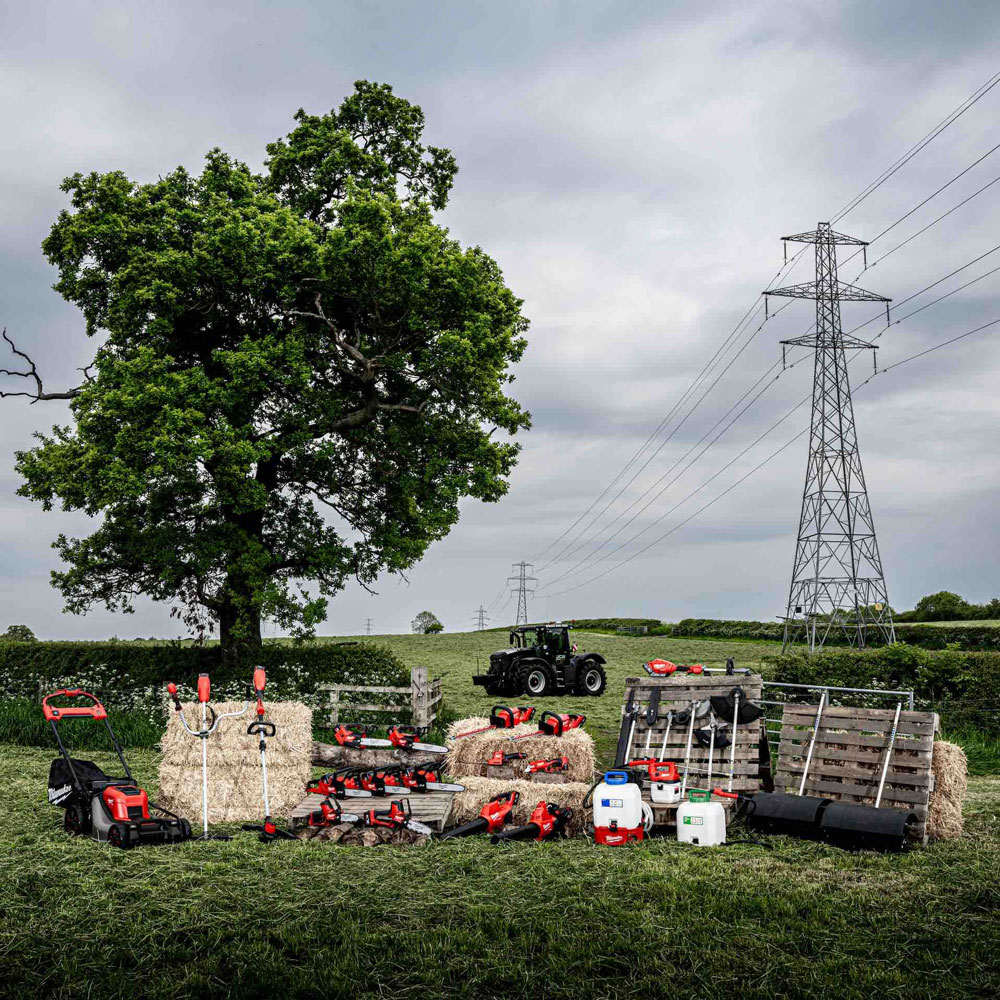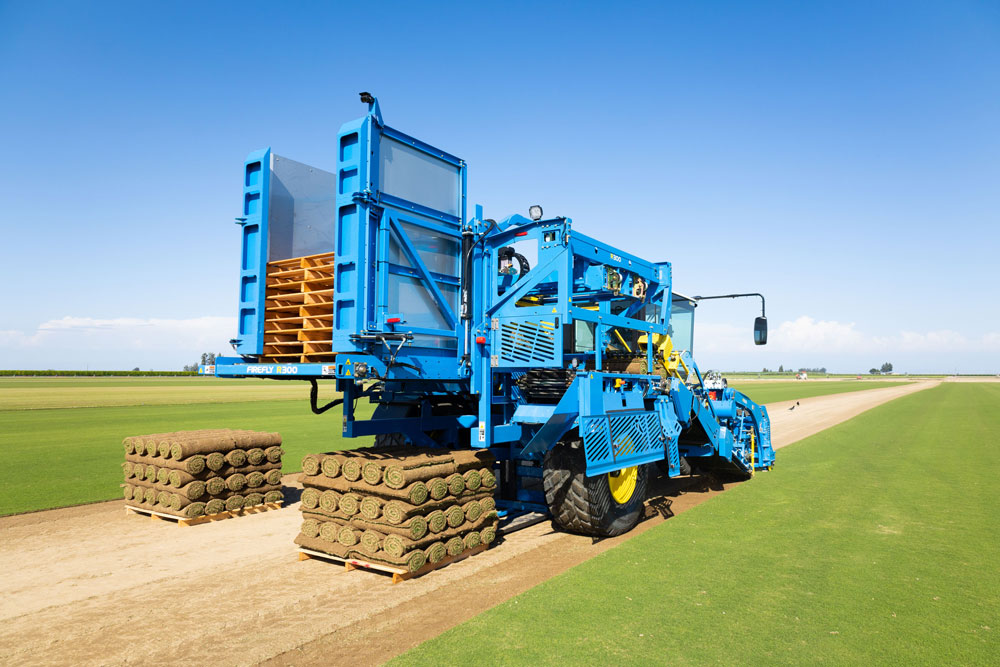You might be surprised to learn there are more living things in one teaspoon of healthy soil than there are people on the planet. Yet the idea of radical wildlife conservation usually evokes images of Wildlife Parks committed to protecting polar bears, giant anteaters, zebras and crocodiles. One such example can be found in Ipswich.
Jimmy Doherty, owner of Jimmy’s Farm and Wildlife Park is on a mission. With a degree in animal biology and having studied for a PhD in Entomology, he’s determined to protect not only the wildlife which we see within the boundaries of the park, but the microscopic organisms beneath our feet. Championing a new era of environmental stewardship. On August 29, 2023, Channel 4 viewers saw Jimmy Doherty expose the troubling reality of Britain’s water companies discharging untreated sewage into our rivers and seas.
As the conversation of sustainability is shifting, our attention is turning to the soil and water which supports life at a fundamental level. The plants, the animals, the quality of our air; none of them would exist if it weren’t for healthy soil and clean water. And it’s becoming clear that our UK waterways and soils are under threat from pollution, agriculture and degradation.
But Jimmy thinks he might have the answer. A radical new approach to boosting soil quality whilst protecting our waterways is driving a change of the most unlikely of facilities by land managers, rural businesses, national charities and local authorities across the UK. The waterless toilet. Albeit a relatively new trend in the UK, this concept is not new. Prior to the invention of the water closet, humans (along with every other mammal) have always fertilised soil with their waste. The idea of flushing it into our waterways is a very modern concept, and one which has brought with it obvious problems.
Although seen as radical, the waterless toilet was designed 1859 by an English priest, Reverend Henry Moule. Moule argued that flushing waste into waterways was not only polluting water but neglecting nature’s nutrients which should be returned to the soil. He demonstrated that dry earth mixed with human waste could produce clean compost in just a few weeks.
165 years later, Jimmy’s Farm is re-visiting this wisdom. “Healthy soil is crucial for carbon sequestration and biodiversity. The impact we have on the environment shapes the way Jimmy’s Farm moves forward; by installing these waterless toilets we can move closer to our green goals.” explains Doherty.
Martin Doyle from WooWoo Waterless Toilets states that: “Composting is natural and efficient, offering significant environmental benefits for future generations. Ultimately, many people install these because it’s cheaper than laying pipes for plumbing in remote areas, but the benefits are far greater for ecology than the cost saving element alone.”
The advantages of healthy soils and protected waters transcend the boundaries of Jimmy’s Wildlife Park. Park Director, Stevie Sheppard remarks, “The waterless toilets we’ve tested have received excellent feedback and visitors do seem to appreciate the innovation”.
Jacob Andersen, owner of WooWoo Waterless Toilets states, “Our mission is to transform public attitudes towards waterless toilets. The technology we have access to now is simply unparalleled and provides the same comfort and sanitation you’d expect of a water based system. Few people get excited about the toilet industry but these Kazuba units, as seen at Jimmy’s, are causing quite a stir!”
If you’re a visitor to Jimmy’s Farm you may have already used them yourself! WooWoo offer a range of domestic and commercial solutions, you can find their website here: www.waterlesstoilets.co.uk





